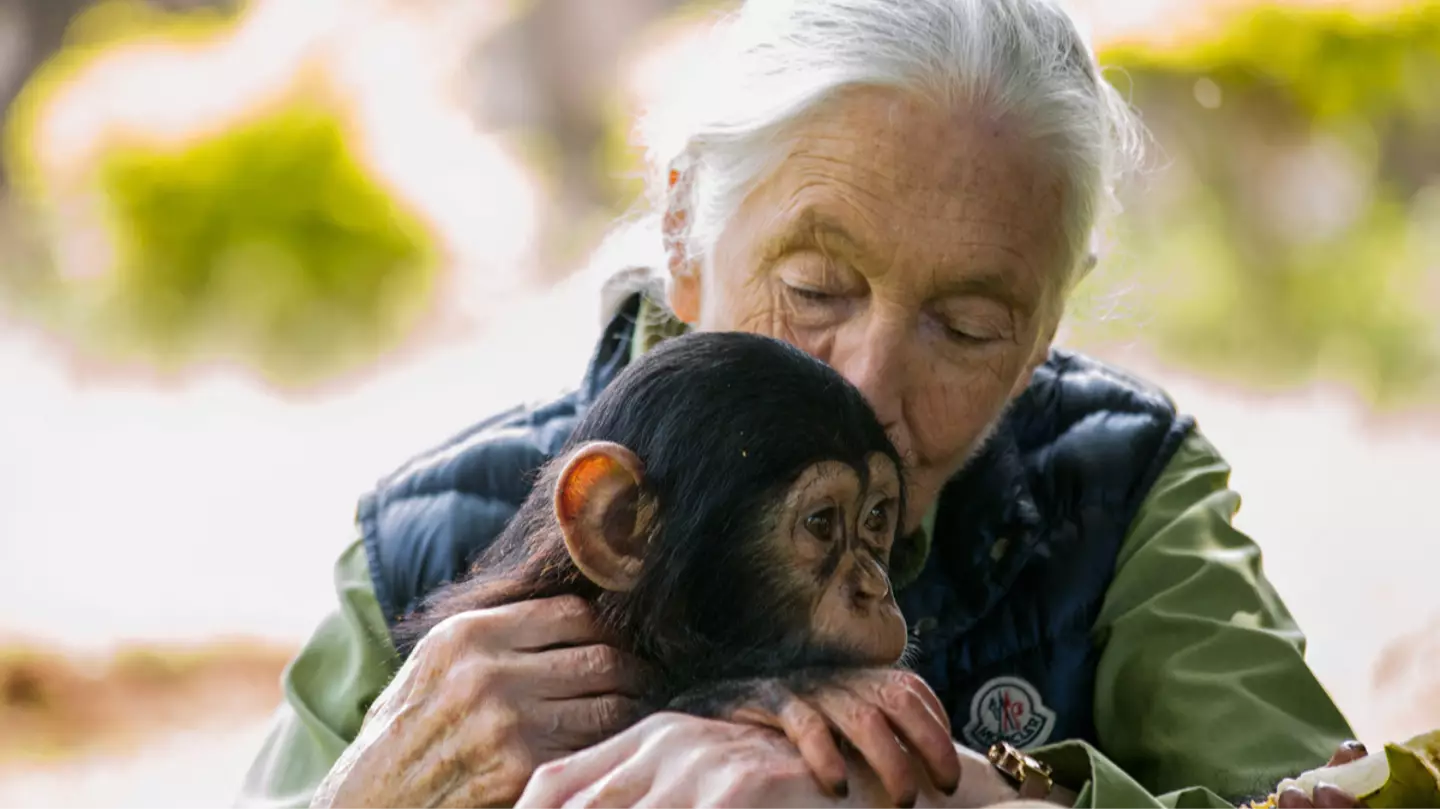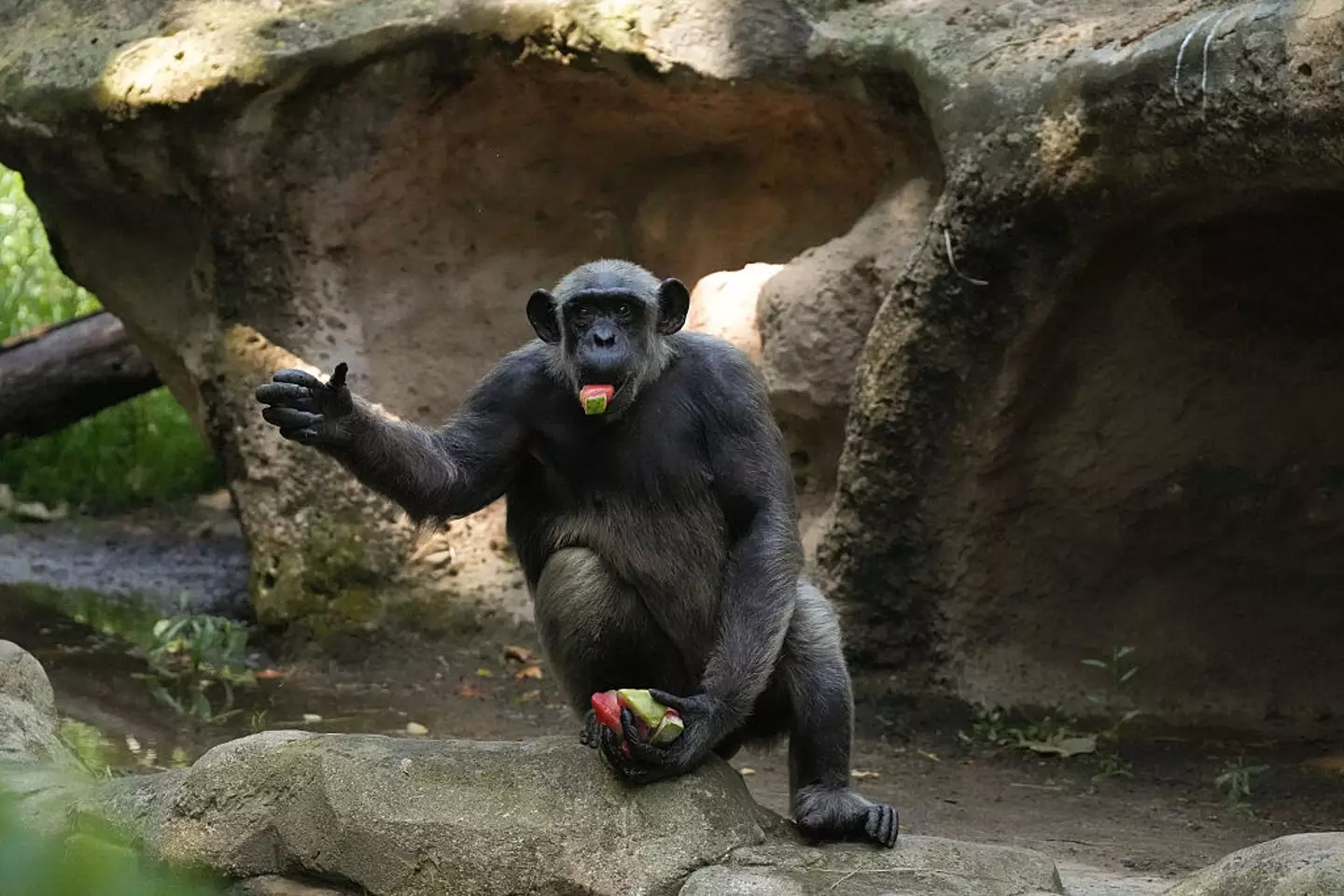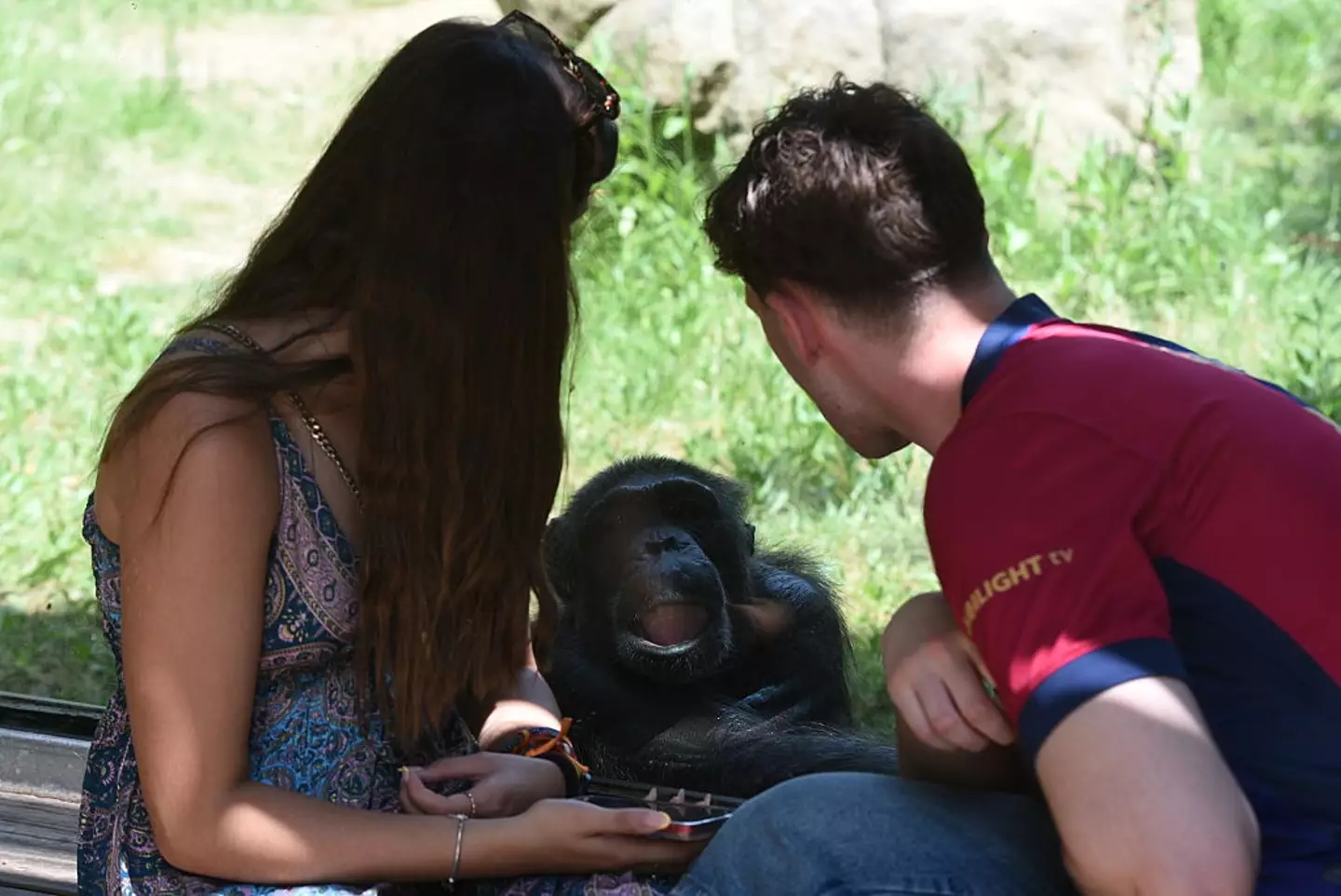
For decades, humans have been seen as the only species capable of thinking rationally, from weighing evidence and changing beliefs to making decisions based on logic rather than instinct.
But a new study suggests that one of our closest relatives might be far more like us than anyone realized.
At first glance, chimpanzees might seem like just clever imitators, mimicking our gestures and expressions or learning simple problem-solving tricks. Yet what researchers have uncovered goes far beyond that.
It points to something that blurs the once-solid line separating human thought from animal cognition, and it all started with a few boxes and some well-timed clues.
Advert
Scientists from the University of California Berkeley, Utrecht University in the Netherlands, the University of Portsmouth in the UK, and the University of St Andrews in Scotland, ran a series of experiments that put chimpanzees’ decision-making skills to the test.

The setup was deceptively simple with two boxes, one of which contained food. The chimps were first given a clue about where the treat was hidden: sometimes a weak hint, like hearing a sound when the box was shaken, and sometimes a stronger one, like actually seeing the food inside. Later, they were shown new evidence that pointed to the other box.
Interestingly, the chimps didn’t just guess or act on instinct. When the first clue was stronger, they stuck with their original choice. But when the new evidence was stronger, they switched - just like a rational human would.
The findings, published in the journal Science, reveal that chimpanzees can weigh the quality of evidence and revise their beliefs when faced with better information: a process long thought to be unique to humans.
The researchers even went a step further, showing that when they revealed one clue to be misleading, such as a box only containing a picture of food, the chimps realized the initial evidence was invalid and changed their minds accordingly.

Emily Sanford, a postdoctoral researcher at UC Berkeley, said: “Chimpanzees were able to revise their beliefs when better evidence became available…This kind of flexible reasoning is something we often associate with four-year-old children.
"It was exciting to show that chimps can do this too."
Senior author Dr Esther Herrmann, from the University of Portsmouth added: “Our findings reveal that humans aren’t the only ones who make rational decisions based on evidence – chimpanzees, our closest living relatives, also weigh the strength and quality of the evidence before making decisions.”
Her co-author, Professor Josep Call from the University of St Andrews, also said: “This study opens a new avenue of research into the psychological mechanisms underlying decision-making in chimpanzees.
"Together with previous work on bargaining games, it contributes to portray chimpanzees as rational decision-makers."
